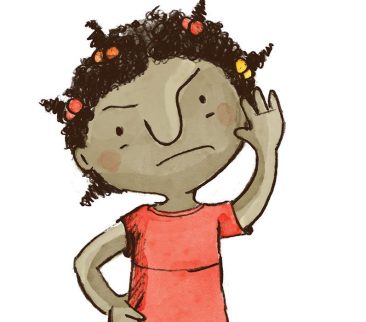Sexual violence prevention consists mainly of opening the lines of communication with children about sexuality, teaching them self-protection skills and helping them identify trusted adults around them. However, prevention cannot rely solely on children’s ability to master self-protection skills. Adults must also protect them.















